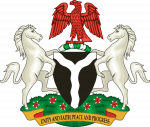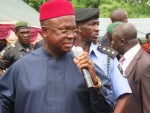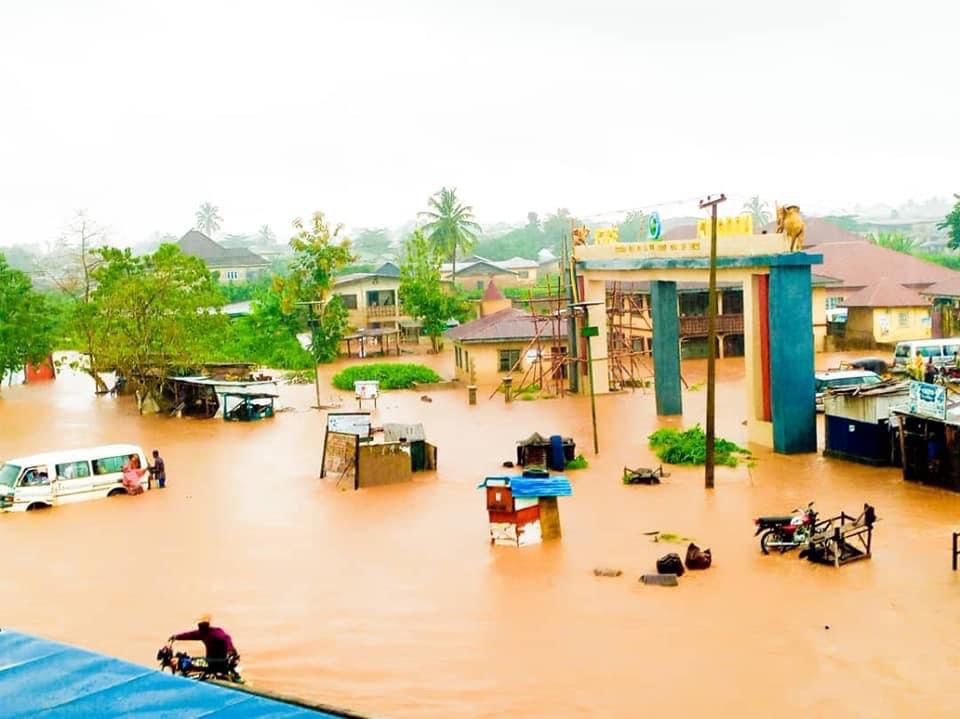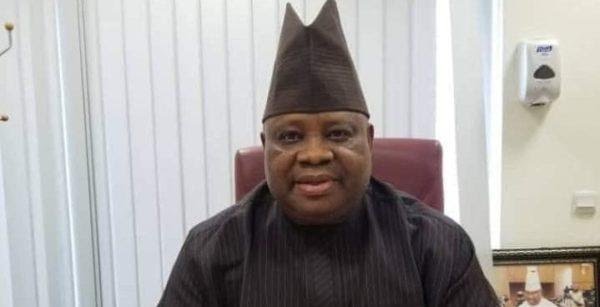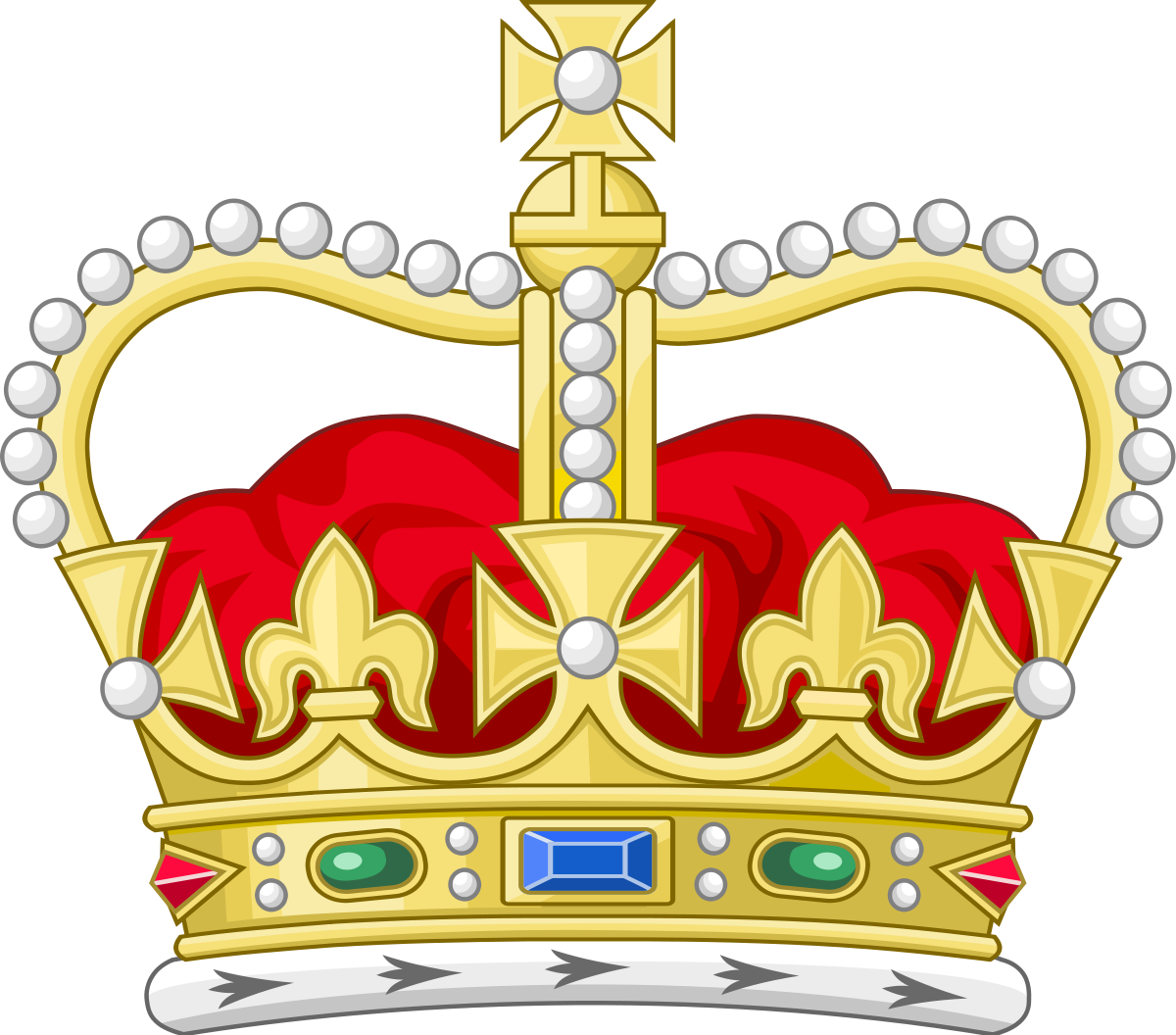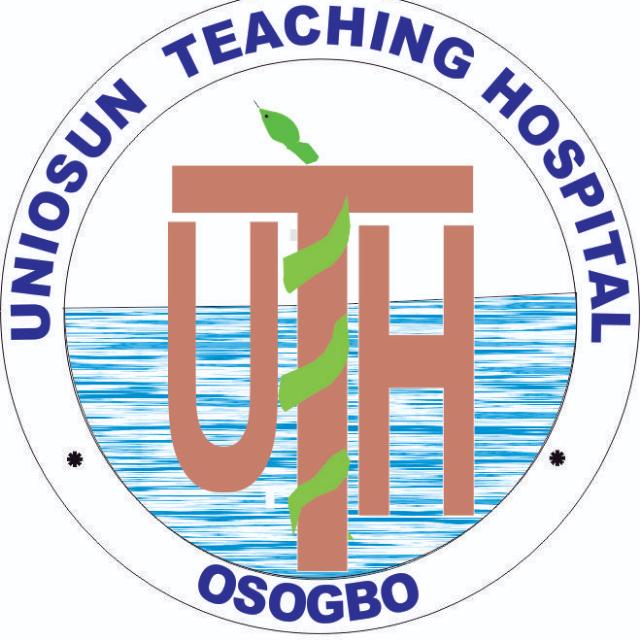STRIKER: Superb Processes Help… But
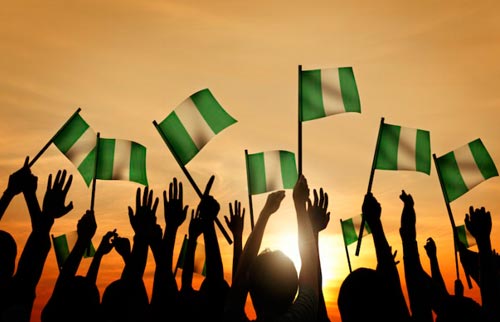

IT is a basic fact that democracy is not only about elections. However, without elections into government offices, there can be no democracy in the first place, underlining the primal importance of elections and electoral regulations as take-off points for building a democratic society.
In a previous edition of Striker, it was written here that as far as electoral guidelines and processes go, “we have come a long way from the wetie election characteristics of the 1960s, which were provocative ingredients for coup d’états and civil wars, to the characteristics of the March 2015 election that made displacement of an incumbent president by an opposition candidate possible. Yet, we have a long way to go in order to purify the electoral processes to an acceptable level of credibility. The big worry today is the inertia, if not resentment, of the biggest beneficiaries of the current level of purification achieved through hard struggles: the ruling party, government and the National Assembly.”
The half-hearted implementation of the Late Umaru MusaYar’Adua inaugurated Justice Mohammed Lawal Uwais Electoral Reform Panel report by the Goodluck Ebele Jonathan administration and the further pursuit of it under the Muhammadu Buhari regime by Independent National Electoral Commission (INEC), despite the lethargy of the National Assembly have led today to a far cleaner procedure aspiring strongly to deliver free, fair and credible elections – beginning with the Anambra big test, shortly ahead of us.
However, nothing uncovers the limitation of beautiful laws, rules and regulations in the face of overwhelming social dissonance as the likes of the upcoming Anambra elections. As good as any rule and regulations might be; the people must equally be as good and at peace with the society and the government, if the rules and regulations are to have any meaning in social proceedings. Failing to resolve the fundamental, almost existential, issues that constitute matters arisen in any social space does not make the implementation and delivery of democracy, which starts with elections, any easy.
Today, INEC – its assets, personalities and all – are in the middle in Anambra. INEC is to test run a beautiful guideline and election process, its new level to which it has taken electronic voting in Nigeria inclusive, in this weekend election at a theatre that is no less equivalent to a war front! Despite all that has been said by so many well meaning Nigerians on what needed to be done ahead of the Anambra and all upcoming elections till 2023, which are majorly ignored by a hard hearted ruling elite and the powers-that-be, we have a clear situation now where the prayer is that “Nigeria” will happen to that Anambra elections -the usual case of divine intervention to obtain some okay-ending and benevolently avert well-invited disaster.
The day will come when our elites will understand that elections as rituals do not in themselves proof the existence of democracy, however free, fair and credible; not to mention caricature elections. Democracy itself is an instrument for greater goals: justice, equity and development. Once any democracy runs for two decades and fails to deliver those dividends, then it is time to interrogate the social system/structure on which it is based and operates. Continuations of the hollow rituals of periodic elections without interrogating the nature, content and context of Nigeria as a FEDERAL REPUBLIC, is an exercise in hypocrisy; which is fast unmasking the façade of dictatorship behind which a majority of the ruling elite hide to perpetuate retrogression and clique dominance.
In this off-season, stand-alone election for a small State, should the security personnel and the various electoral supervisors outnumber the turned out voters now, and yet a result is concocted to mask the crises, how we get the quantum of security men and electoral officers at the general election in 2023 to continue the charade remain to be seen, if we fail before then to address the national question, the genuine federation question and the question of the nature of the Nigerian republic, which key systemic questions that we fail to redress are at the roots of all our insecurity and underdevelopment crises. Time will tell.



